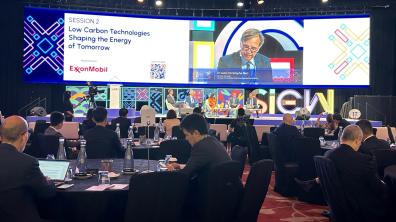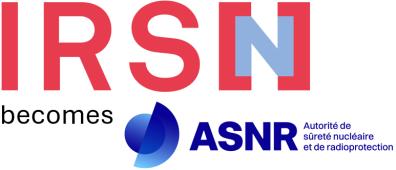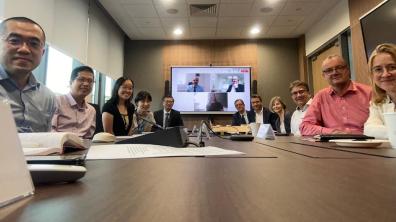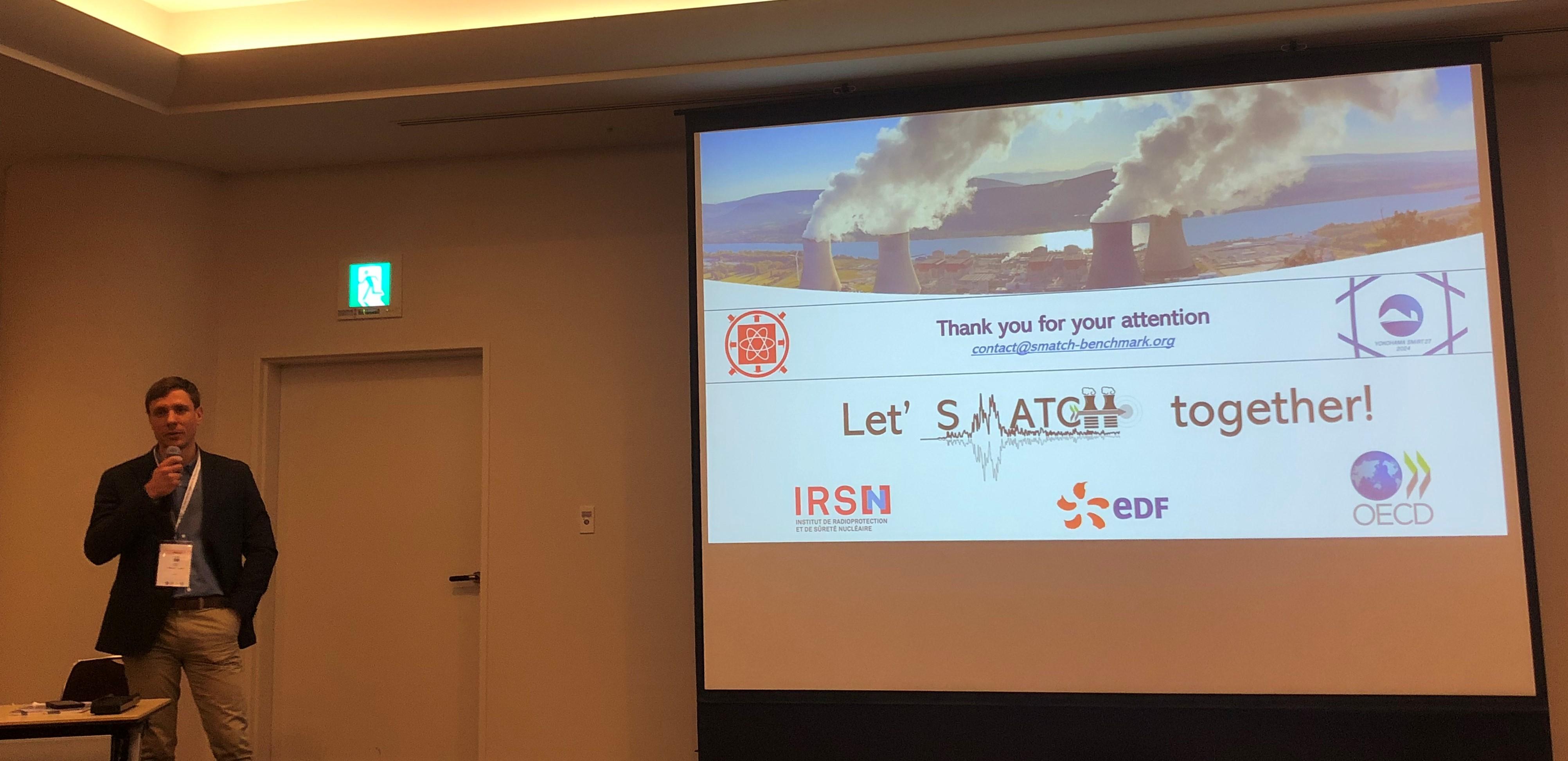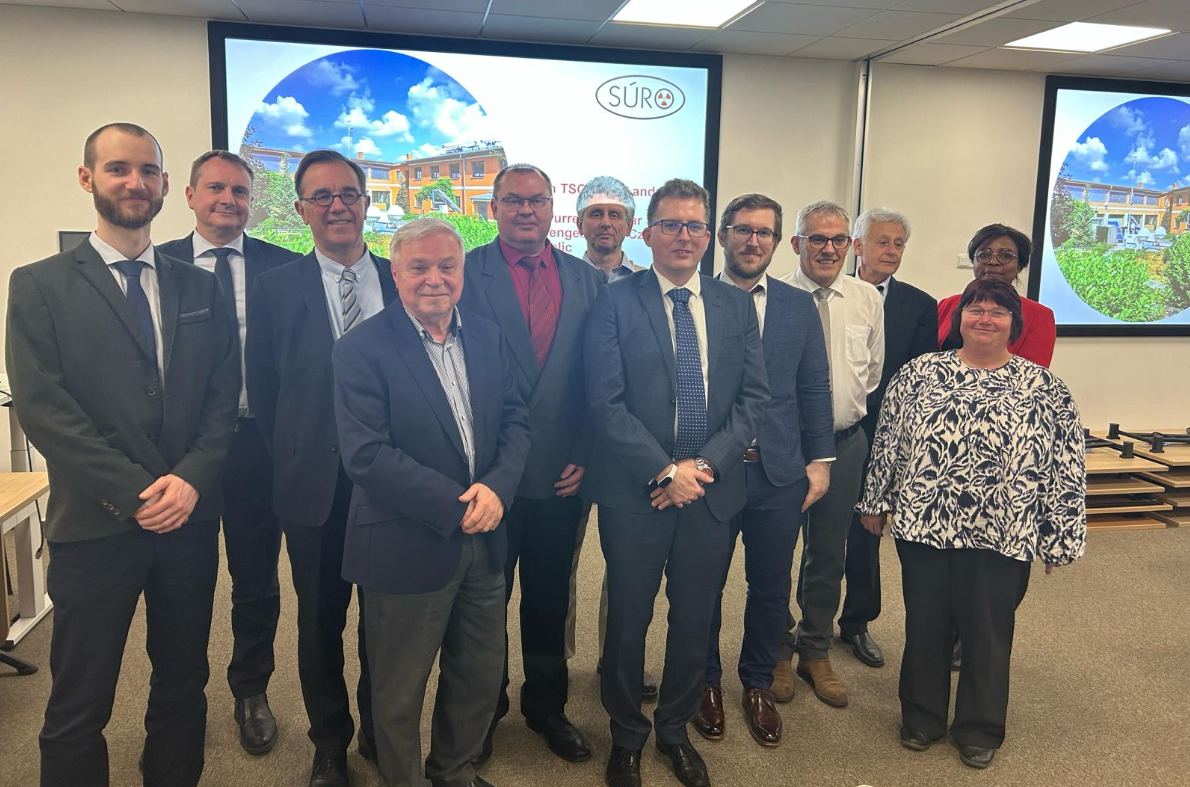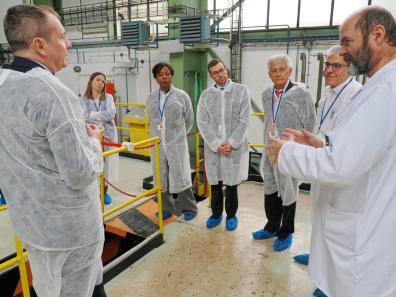IRSN at the Singapore International Energy Week (SIEW) 2024
At the invitation of Singapore's Energy Market Authority (EMA), IRSN's Director General, Dr. Jean-Christophe Niel attended the Singapore International Energy Week (SIEW) on October 21, 23 and 24, 2024.
SIEW is an annual platform for energy professionals, decision-makers and commentators to share best practices and solutions in the global energy space.
His speeches highlighted the safety issues associated with the development of nuclear energy in Asia, promoted our scientific and technical expertise, and underlined the quality of our bilateral cooperation with the National University of Singapore.
Following a presentation by R. Grossi, DG IAEA, J-C Niel took part in the plenary session devoted to low-carbon technologies. Regarding the development of nuclear technologies, in particular SMRs, he stressed the importance of ensuring a high level of nuclear safety and managing the risks associated with these technologies. In the case of SMRs, which have characteristics favourable to nuclear safety (small size, passive safety systems), he stressed that this safety had to be demonstrated, showing the need to pursue research, develop human resources and engage in dialogue with the public. To meet these objectives, international cooperation constitutes an indispensable tool.
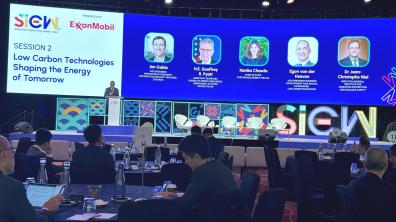
IRSN’s Director General participated also in the SIEW TechTable on October 23, dedicated to the the topic of “Ensuring Nuclear Innovation with Robust Nuclear Safety and Risk Management”. He will be able to highlight ways of supporting innovation in nuclear technologies in terms of safety, giving an insight into the role of technical safety organizations (TSOs) in supporting regulatory authorities and other stakeholders. He also stressed the importance of mobilizing science-based collective intelligence through international research collaborations, to improve the safety of nuclear installations.
On October 24, he finally intervened in the “Building Trust and Confidence in Nuclear Technology” session of the SIEW ThinkTank RoundTable, where he will share IRSN's experiences in opening up to society.
On October 24, the Director General concluded his mission to Singapore with a meeting with Mrs. Minh-Di Tang, French Ambassador to Singapore.
